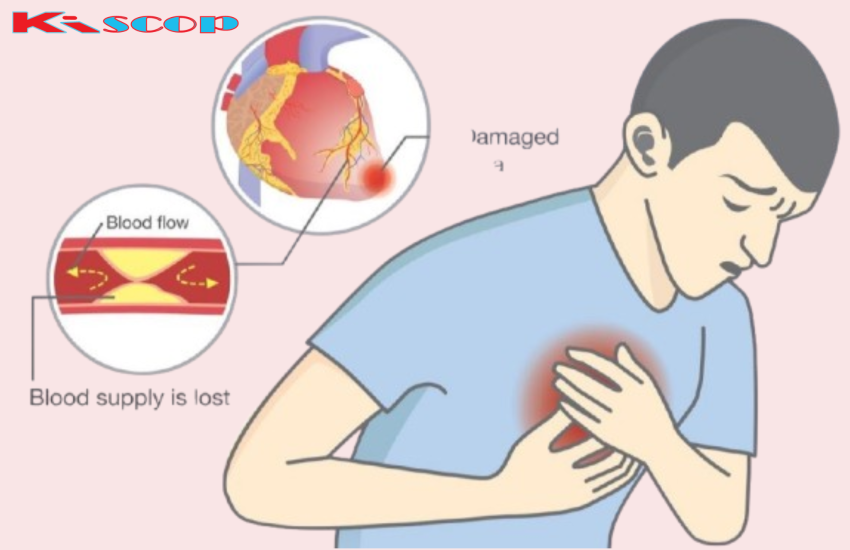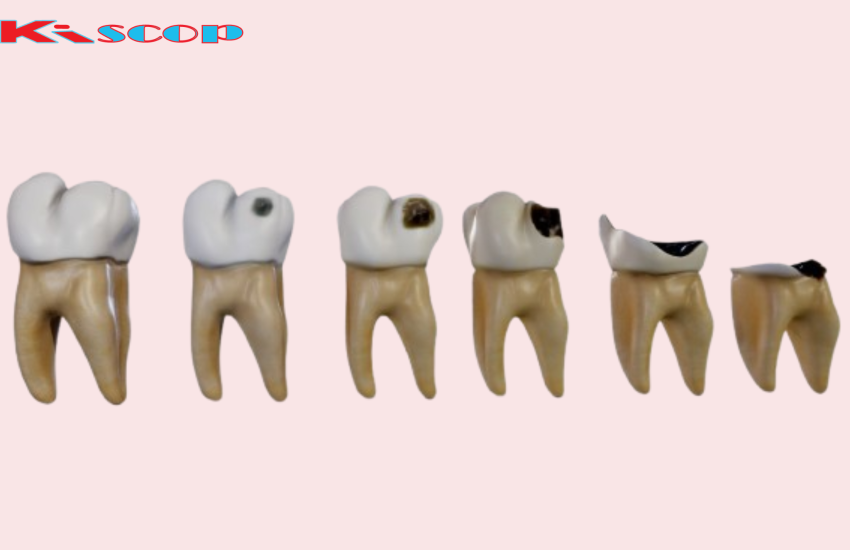Your Nose is the First Indicator If You Are Approaching Death: 6 Warning Signs of an Impending Heart Attack
Heart attacks are often sudden, but our bodies typically send out distress signals well in advance. Surprisingly, your nose might be the first part of your body to signal that something is gravely wrong. Recent studies suggest that changes in your sense of smell, such as a diminished ability to detect odors, could be an early warning sign of an impending heart attack or even death. Alongside this unusual but critical symptom, other signs can appear as early as a month before a heart attack. Understanding and recognizing these signs can help you seek medical attention in time to prevent a fatal outcome.
1. Loss of Smell (Anosmia)
A sudden loss or decline in your sense of smell, known as anosmia, could be a critical sign that something is wrong with your heart. This sensory change may occur because the heart is struggling to pump blood effectively, reducing oxygen flow to various parts of the body, including the olfactory system. While a temporary loss of smell is commonly associated with colds, sinus infections, or aging, a sudden and unexplained change in your sense of smell could be an indicator of something more serious, including the potential for a heart attack.
If you notice that your ability to smell has diminished without any apparent cause, it’s important to consult a healthcare provider. This symptom could be your body’s way of signaling that your heart is in distress, and ignoring it could be dangerous.
2. Chest Discomfort or Pain
While your nose might give you an early warning, chest discomfort remains one of the most common signs that a heart attack could be imminent. This discomfort often feels like pressure, squeezing, fullness, or pain in the center of your chest. It might come and go, sometimes triggered by physical activity or stress, and often eases with rest. However, this symptom can start subtly and may be easily dismissed.
Chest pain should never be ignored, especially if it persists or recurs over days or weeks. If accompanied by other symptoms like a reduced sense of smell, it’s crucial to seek medical attention immediately.
3. Shortness of Breath
Another vital sign that your heart is under strain is shortness of breath, which can occur with or without chest discomfort. When your heart struggles to pump blood effectively, fluid can build up in the lungs, making it difficult to breathe. This symptom might be particularly noticeable during physical activity, when lying down, or even at rest.
If you experience unexplained shortness of breath, especially if it’s paired with other symptoms like a loss of smell or chest discomfort, it’s essential to consult a healthcare provider. This could be an early warning that your heart is in trouble.
4. Fatigue
Unusual or excessive fatigue is another symptom that may signal an impending heart attack. This isn’t just ordinary tiredness; it’s an overwhelming exhaustion that makes everyday tasks feel insurmountable. It can occur weeks before a heart attack and might be more commonly reported by women.
Fatigue, when combined with other symptoms like a reduced sense of smell, should be taken seriously. It could indicate that your heart is working overtime to compensate for blocked or narrowed arteries, and seeking medical advice could prevent a heart attack.
5. Dizziness or Lightheadedness
Frequent episodes of dizziness or lightheadedness, particularly when standing up or during physical activity, could be another sign that your heart is struggling. This symptom occurs when there isn’t enough blood flow to the brain, often due to poor heart function.
If you’re experiencing dizziness along with other symptoms like a diminished sense of smell or chest pain, it’s important to seek medical help. These could be warning signs that a heart attack is on the horizon.
6. Cold Sweats
Cold sweats, especially when they occur without any obvious cause like physical exertion or heat, can be a significant indicator of an impending heart attack. This type of sweating is your body’s response to stress and reduced blood flow, which can happen when your heart is not functioning properly.
If you experience sudden cold sweats along with a loss of smell or any of the other symptoms mentioned, don’t ignore them. Seek immediate medical attention, as these could be signs that your heart is in severe distress.
What to Do If You Notice These Signs
If you experience any of the above symptoms, especially a sudden loss of smell combined with others, it’s critical to take them seriously. Here are some steps you should consider:
- Consult a Doctor Immediately: Don’t wait to see if the symptoms resolve on their own. Early detection and intervention can prevent a heart attack.
- Know Your Risk Factors: Be aware of your personal risk factors for heart disease, such as high blood pressure, high cholesterol, diabetes, smoking, and family history. If you’re at higher risk, be particularly vigilant about these symptoms.
- Adopt Heart-Healthy Habits: Regular exercise, a balanced diet, quitting smoking, and managing stress can help reduce your risk of a heart attack.
- Educate Yourself and Others: Understanding these warning signs can help you act quickly if you or someone you know is at risk.
Conclusion
Your body often provides early warnings of a heart attack, and surprisingly, your nose might be the first to alert you. A sudden loss of smell could be a critical indicator that your heart is in distress. Along with other symptoms like chest discomfort, shortness of breath, fatigue, dizziness, and cold sweats, this nasal symptom should not be ignored. Recognizing these signs and seeking prompt medical attention can make the difference between life and death. Stay vigilant, know your body, and don’t hesitate to act if you notice these warning signs. Your awareness could save your life.



